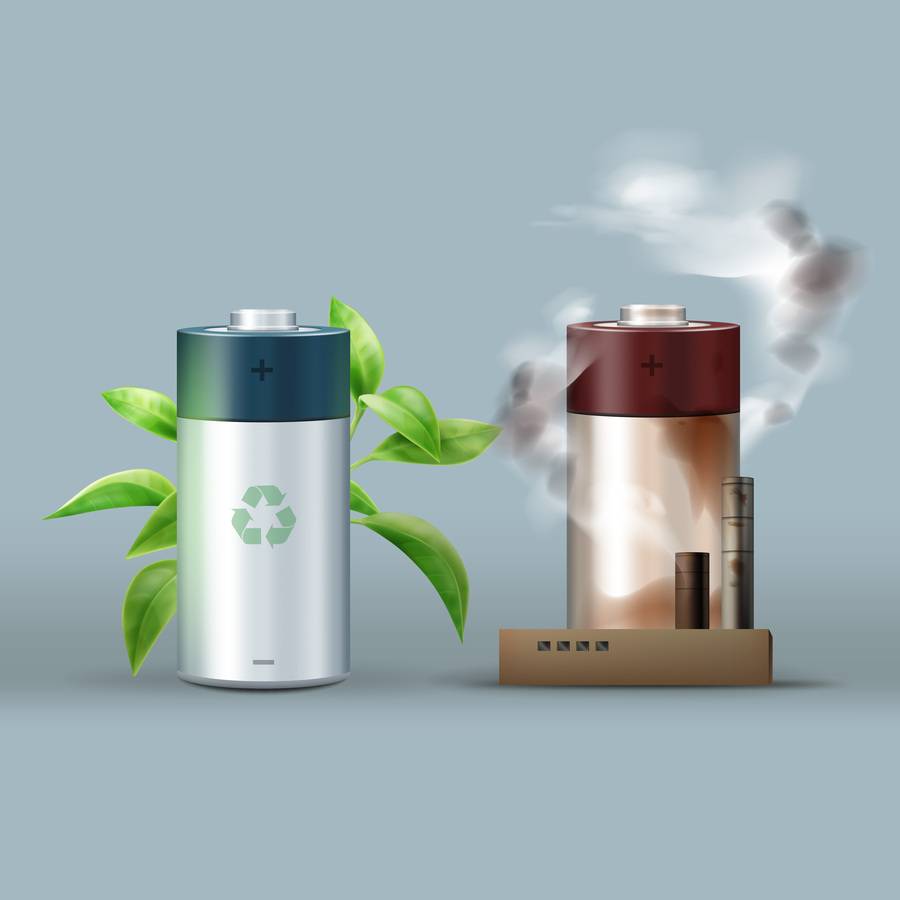

SEP 21, 2024
At RCM Recycling, we understand the significance of proper battery disposal to environmental conservation. Batteries power many everyday devices and contain valuable metals that can be reused through scrap metal recycling. Simply throwing them away is wasteful and leads to pollution. By working with us for battery recycling services, you can ensure valuable metals are recovered while cutting down on new material needs for new production lines.
Batteries store energy and power for everyday items like cell phones, cars, and flashlights. While there are various kinds and sizes of batteries on the market, all work by turning stored chemical energy into electrical energy; common types include alkaline (like those found in TV remote controls), lead acid, and lithium-ion—each capable of powering different uses, such as smartphones and laptops.
Consumers use more electronic devices than ever, so the demand for batteries has skyrocketed. Unfortunately, batteries do not last forever, so when they no longer function, we must dispose of them correctly—not by throwing them in the trash, as this contains materials that could harm our planet's ecology.
When not disposed of properly, batteries can release dangerous chemicals into the soil and water. Chemicals introduced into our drinking water or food sources can have devastating impacts, harming plants, animals, and humans. Recycling batteries can prevent pollution while recovering valuable components like metals from within them - another added bonus of this recycling effort!
Battery materials, such as lithium, nickel, and lead, are easily recyclable and can be reused in new batteries or products. A scrap metal company can help by purchasing and dismantling old batteries to recover these precious metals. Recycling batteries also reduces the need to mine new raw materials, which helps save natural resources and energy.
The process of recycling batteries depends on the type of battery. For example, lead-acid batteries (commonly found in cars) are often collected by scrap metal buyers in Forsyth, who then send them to a recycling facility. At the facility, the batteries are broken down into their components. The lead and other metals are separated from the plastic and other materials. The lead is then melted down and reused, while the plastic parts can be recycled or repurposed.
Lithium-ion batteries are sorted first, and then the metals inside are extracted. This process can involve crushing the battery and separating the valuable metals, which are then sent to be reused.
Recycling old batteries is easy, and you can do it in several ways. Many local recycling centers accept batteries, and some even have specific drop-off points for different types of batteries.
Before recycling, it’s essential to check if the battery needs to be handled in a specific way. To be safe, placing the batteries in a container or plastic bag before taking them to a recycling center is a good idea.
By recycling batteries, you can help reduce pollution and conserve natural resources. A scrap metal buyer may even offer you cash for your old batteries, giving you an extra incentive to recycle responsibly.
Once batteries are recycled, the metals inside them are separated and refined. For example, the lead from recycled car batteries can create new or building materials. When batteries are recycled through scrap metal recycling, the materials are given a new life instead of polluting the environment.
Batteries power many devices we rely on daily but don't last forever. When they stop working, recycling them correctly is essential to prevent harmful chemicals from polluting the environment.
A scrap metal company plays a vital role in battery recycling by purchasing old batteries and recovering the metals inside. You can do your part by taking your used batteries to a recycling center or contacting a scrap metal buyer.